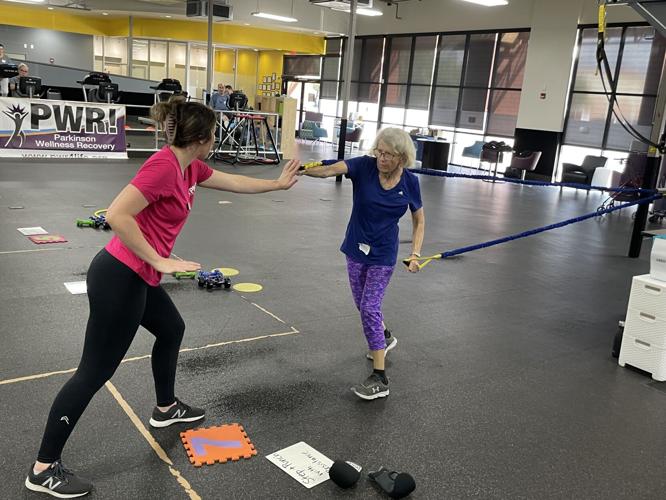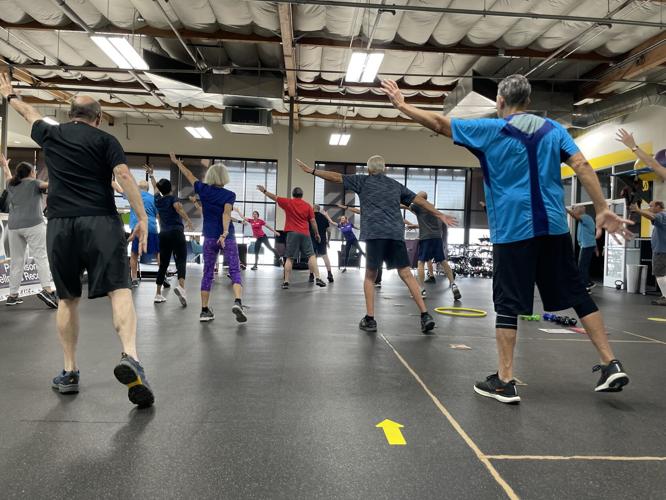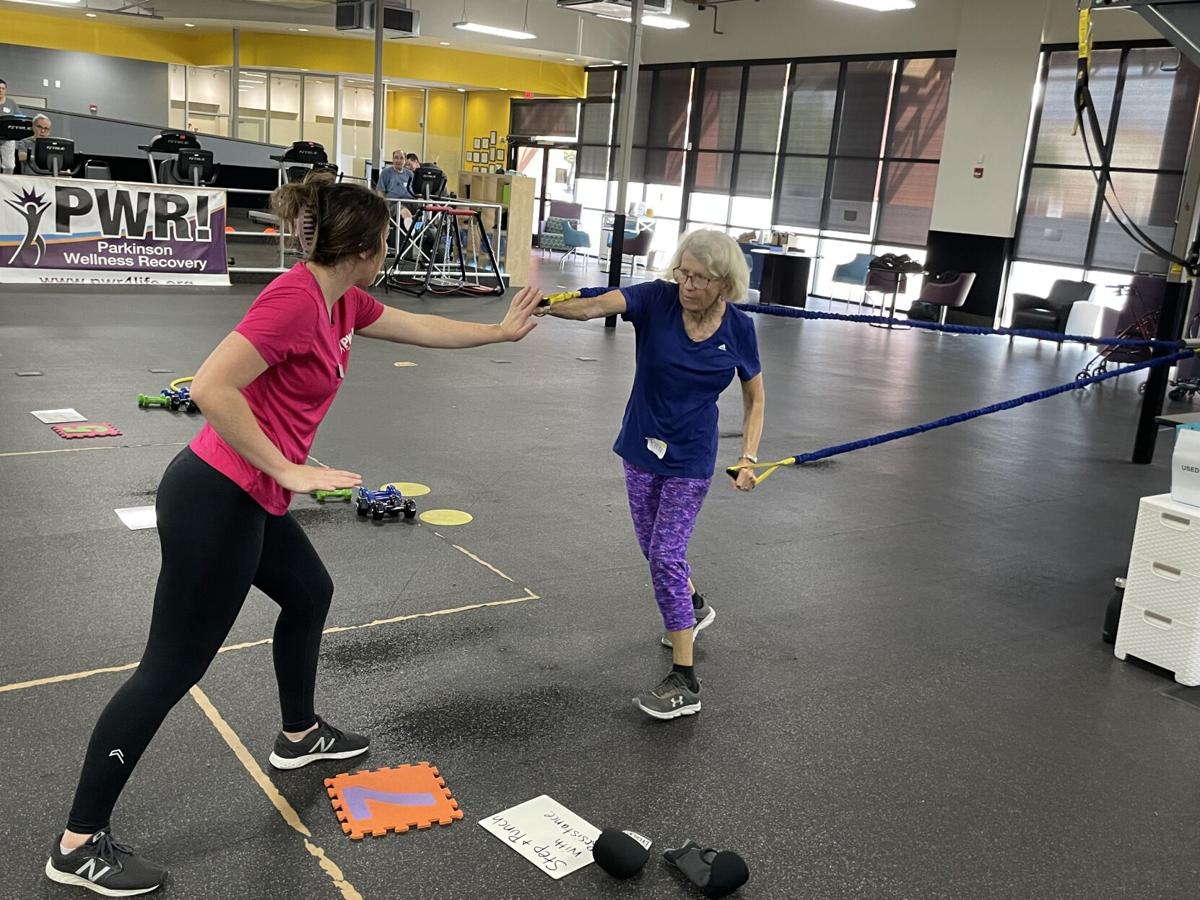Spanish speakers diagnosed with Parkinson’s will soon have much-needed resources to cope with the progressive brain disorder that affects the nervous system.
The Parkinson’s Foundation recently awarded $19,000 to Tucson’s Parkinson Wellness Recovery, which will be used to translate its materials and dub its research-based, on-demand educational exercise content into Spanish, said Kimberly Peute, chief executive officer of the organization located at 4343 N. Oracle Road, Suite 173, in Wetmore Plaza.
The Spanish one-year pilot program is PWR! Conexión — PWR! Connect and it will have program and enrollment information in Spanish available starting Nov. 25 on the PWR! Connect website, pwr4life.org/pwr-connect.PWR! Conexión — PWR! Connect is seeking 15 Spanish-speakers with Parkinson’s to enroll in the pilot program. Those selected for the program will receive free services, including a physical therapy evaluation, regular follow-ups, and exercise programs specifically tailored to their needs.
“Specialized health and wellness programs provided in Spanish are not widely available, leaving those who exclusively or primarily speak Spanish without access to such programs,” said Peute.
“There are few resources for individuals who are Spanish-speaking who have Parkinson’s and we want to fill that gap,” said Catherine Printz, director of rehabilitation and exercise therapies for Parkinson Wellness Recovery. Printz said Parkinson’s disease is a neurological movement disorder that is caused when the body decreases the production of dopamine, which affects the brain, causing problems with movement, mood, cognition, speech and balance.
“There is no cure, but we know that targeted exercise can improve the symptoms,” said Printz.
Becky Farley, the chief scientific officer and founder of Parkinson Wellness Recovery, designed the exercise programs. She received her doctorate in neuroscience from the University of Arizona and her master’s in physical therapy from the University of North Carolina. She delivers public and medical seminars across the United States and the world about the programs.
Farley created the exercise programs for Parkinson’s patients that integrates traditional gym activities with a focus on training the whole body to improve strength, balance and cognition. She believes integrated rehabilitation and community exercise and wellness programs are necessary to optimize mobility benefits and to slow the progression of Parkinson’s disease. Farley also does clinical research studying the real life implications of treatment.

Participants at Parkinson Wellness Recovery warm up with the PWR!Moves — specific exercises to help people with Parkinson disease move better and feel better.
The program, which began 12 years ago, offers 40 group exercise classes a week either in person, virtual or hybrid. Free educational presentations are offered monthly, and are open to the public, either in person or via Zoom.
Each participant will receive a one-on-one physical therapy evaluation at the start of the program, and then when the three-month program is completed. Clients participate in a weekly survey to check their progress, and to make sure they are accessing their exercise videos. The therapist also checks in with the client’s caregiver to make sure there are no concerns or problems, said Printz.
The average age of onset for Parkinson’s is 50 to 60, and to be officially diagnosed a person must have symptoms including, stiffness of movement, tremors of the hands or feet, changes in walking or balance, and a softer voice, Printz said.
Tucson’s Parkinson Wellness Recovery is considered a worldwide leader in providing physical therapy and exercise services to people with Parkinson’s disease. The organization’s staff works with organizations, hospitals, clinics, physicians and community fitness facilities to provide specific programs and services for those with Parkinson’s disease, said Peute. She said the program also advocates for patients to find the resources that they need.
The PWR!Gym offers Parkinson's-specific exercise opportunities, group classes and wellness appointments. Tucson's Parkinson Wellness Recovery is located at 4343 N. Oracle Rd. #173. Video courtesy of PWR! Conexión | PWR! Connect.
In addition to training over 7,000 therapists and fitness professionals who work with Parkinson’s patients, the organization has clients throughout the U.S. and abroad in Europe, Asia and Australia who use the on-demand exercise services.
The Parkinson Wellness Recovery program operates on an annual budget of $1.9 million, including up to 25% in donations. It has 15 full-time employees and a team of independent contractors who help teach exercise classes and workshops for professionals.
Experts say 60,000 people in the United States are diagnosed with Parkinson’s each year, and more than 10 million people in the world are living with the disease.
How well do you know Arizona? Here is another quiz to test your knowledge on Arizona history and facts. Video by Pascal Albright / Arizona Daily Star






